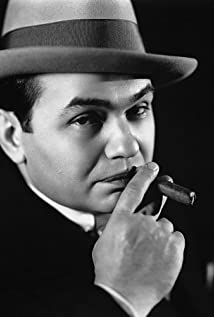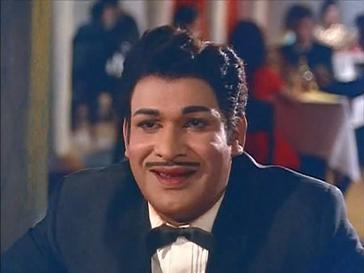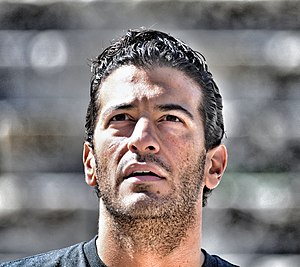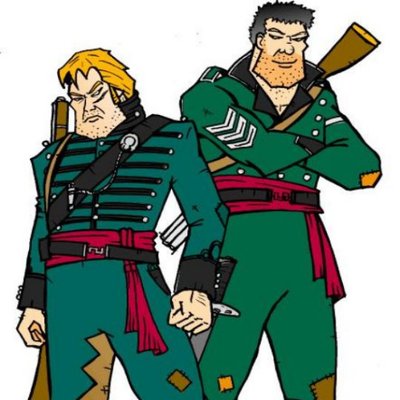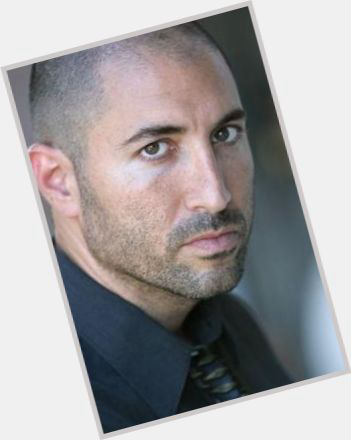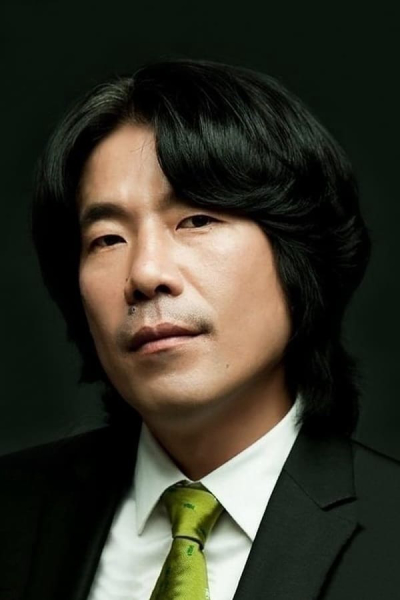During the 1950s, he was called to testify in front of the House Un-American Activities Committee during the Red Scare, but he was cleared of any deliberate Communist involvement when he claimed that he was "duped" by several people whom he named (including screenwriter Dalton Trumbo, according to the official Congressional record, "Communist infiltration of the Hollywood motion-picture industry". As a result of being investigated, he found himself on Hollywood's graylist, people who were on the Hollywood blacklist maintained by the major studios, but could find work at minor film studios on what was called Poverty Row.


